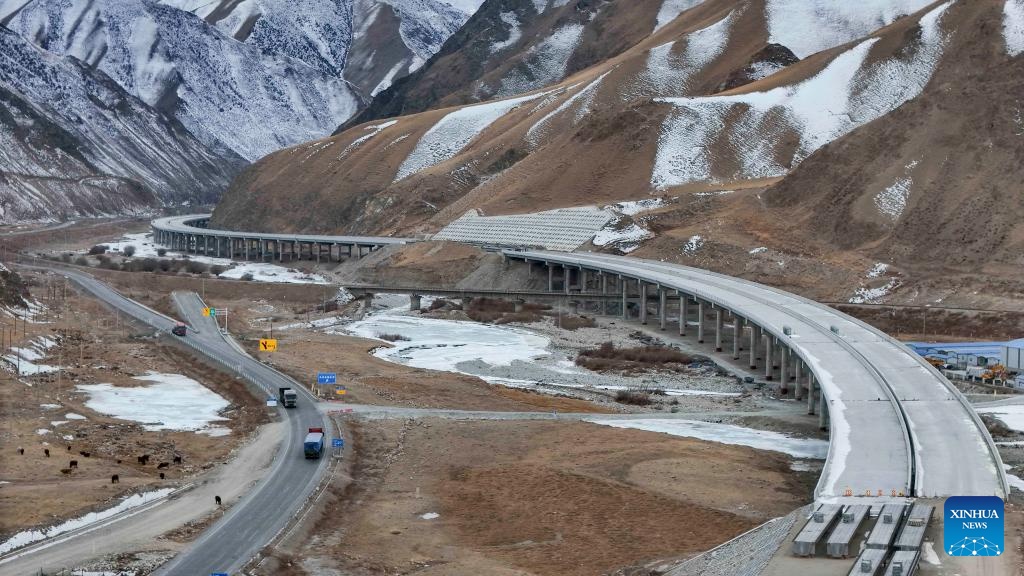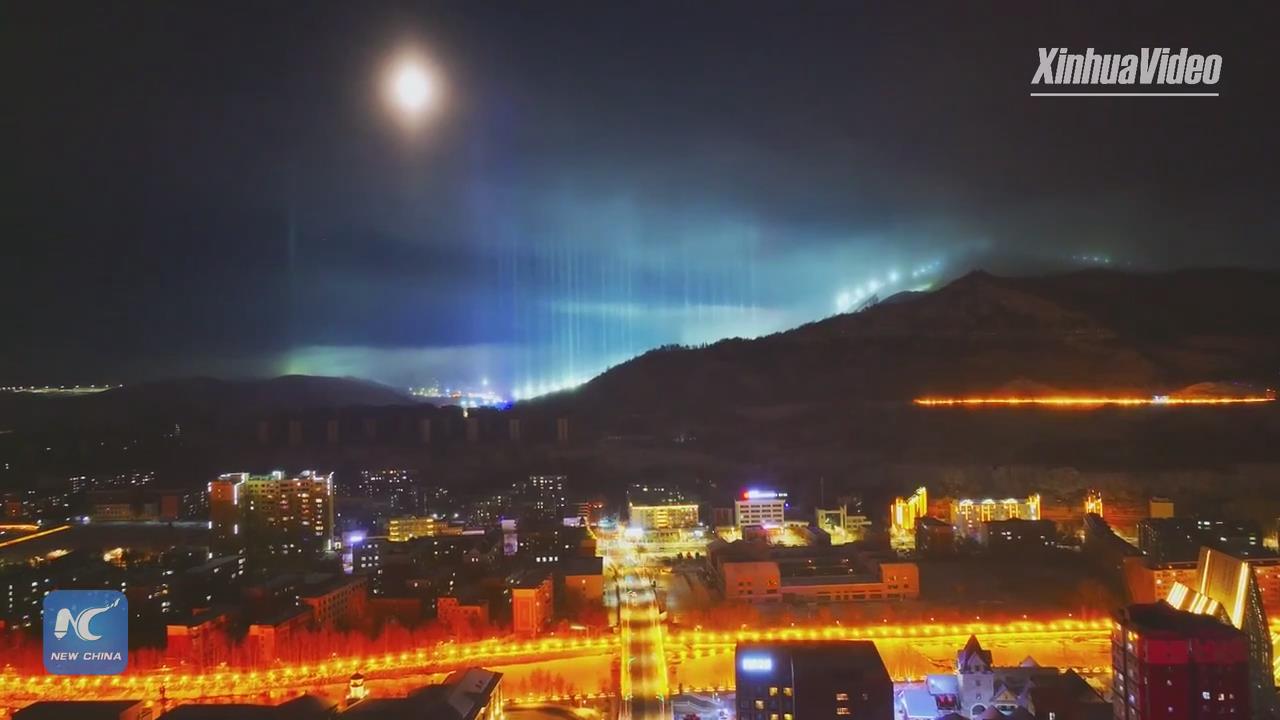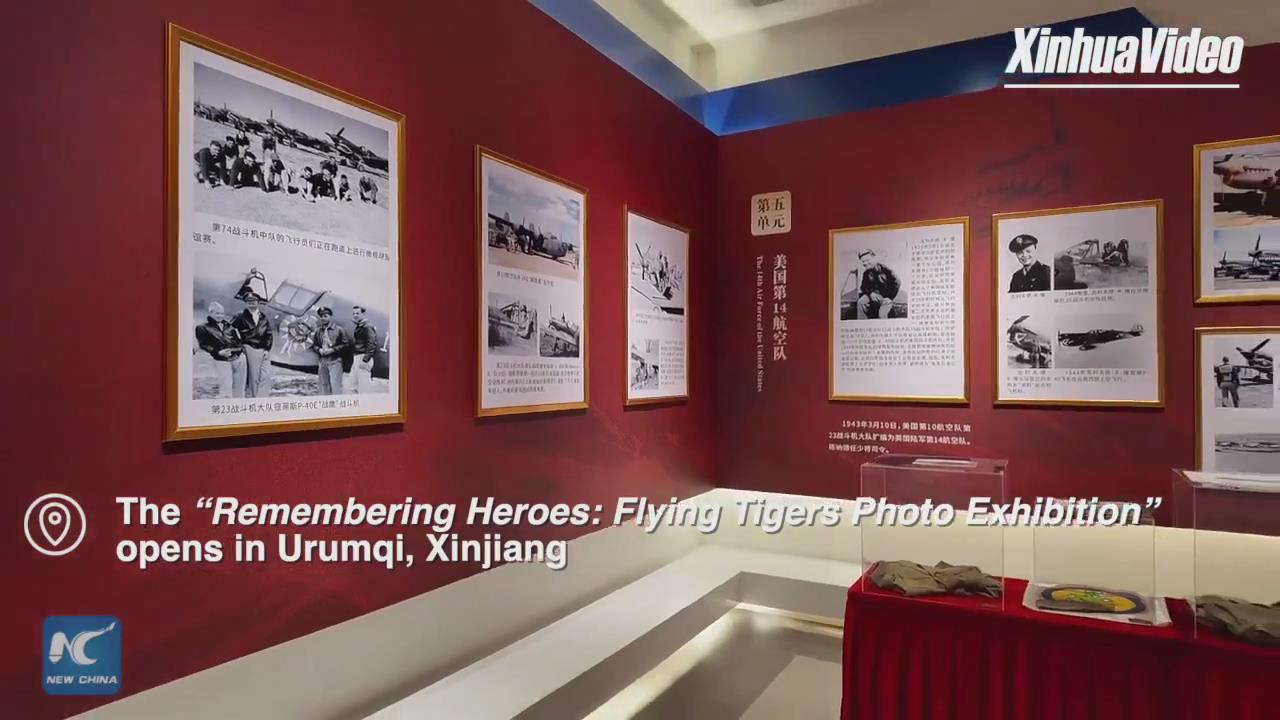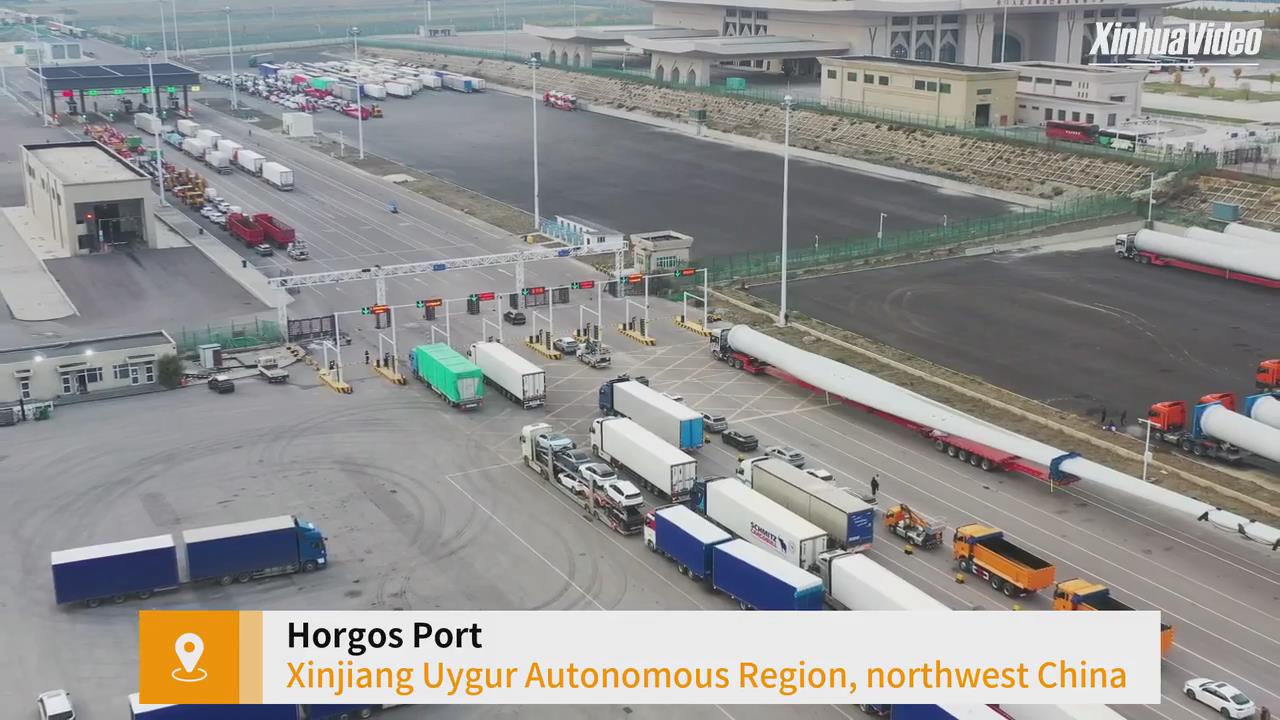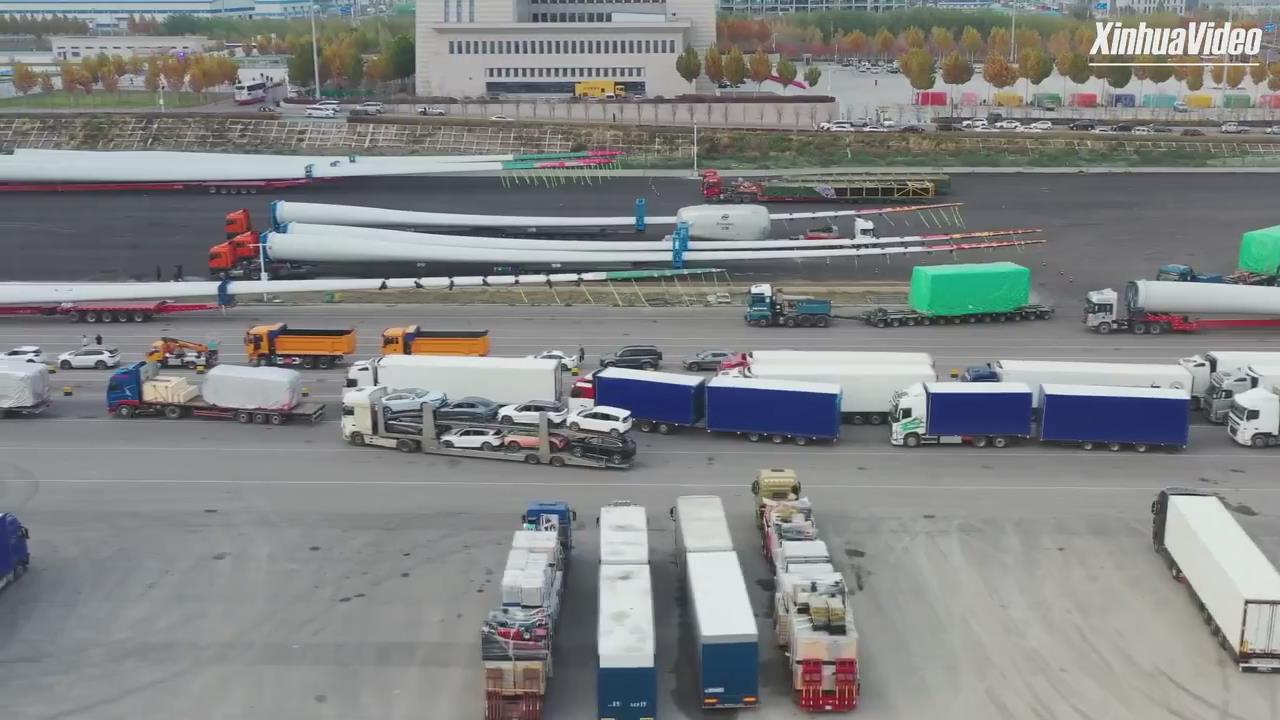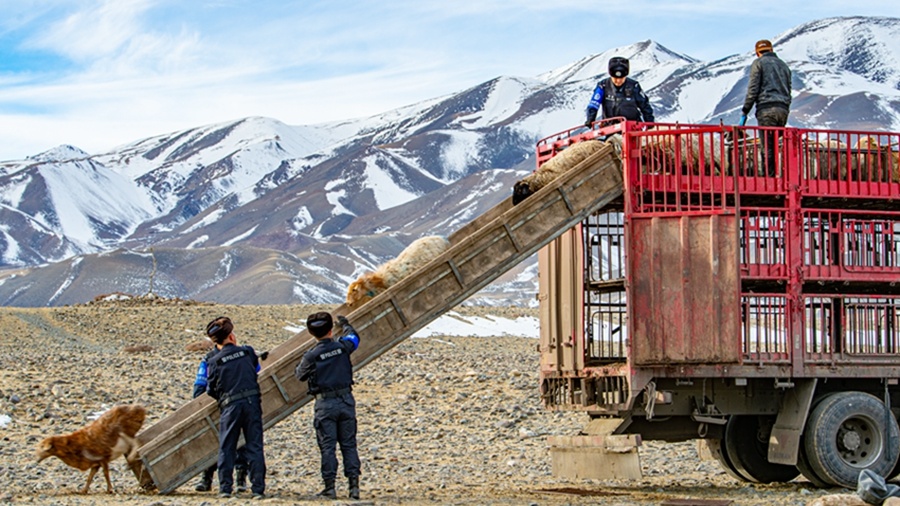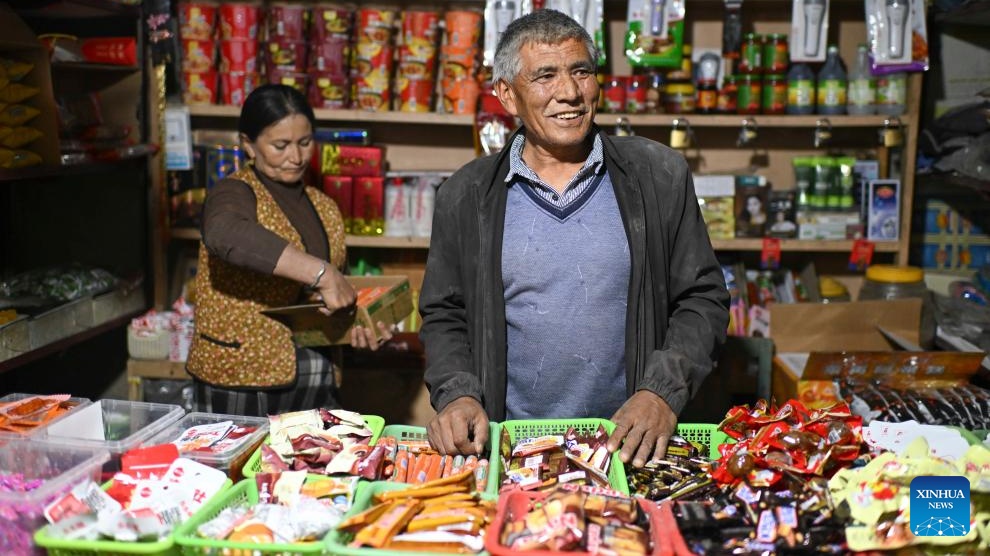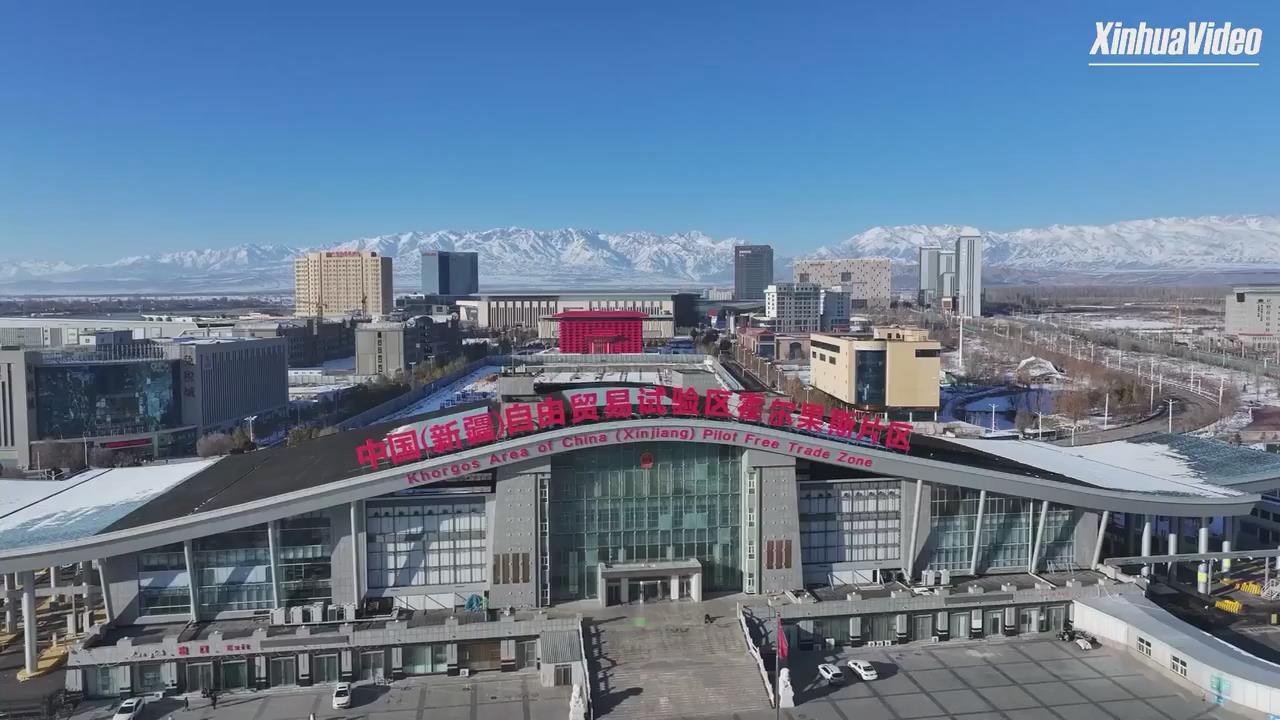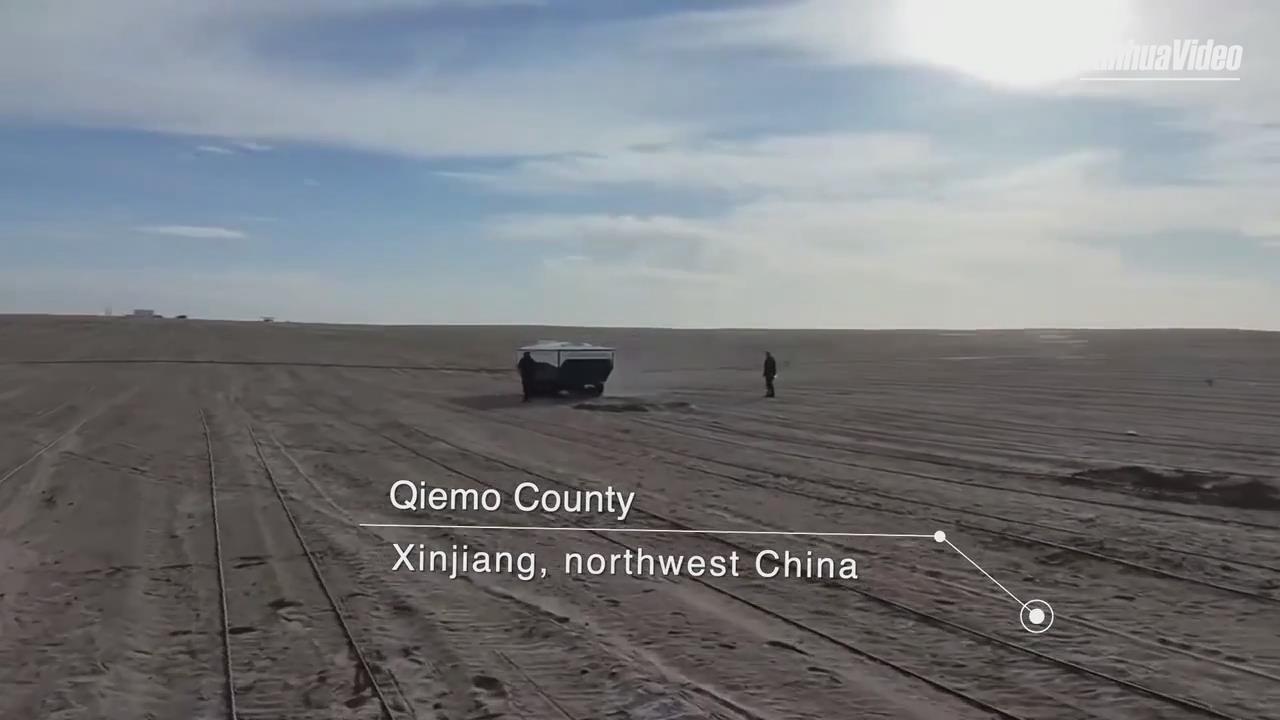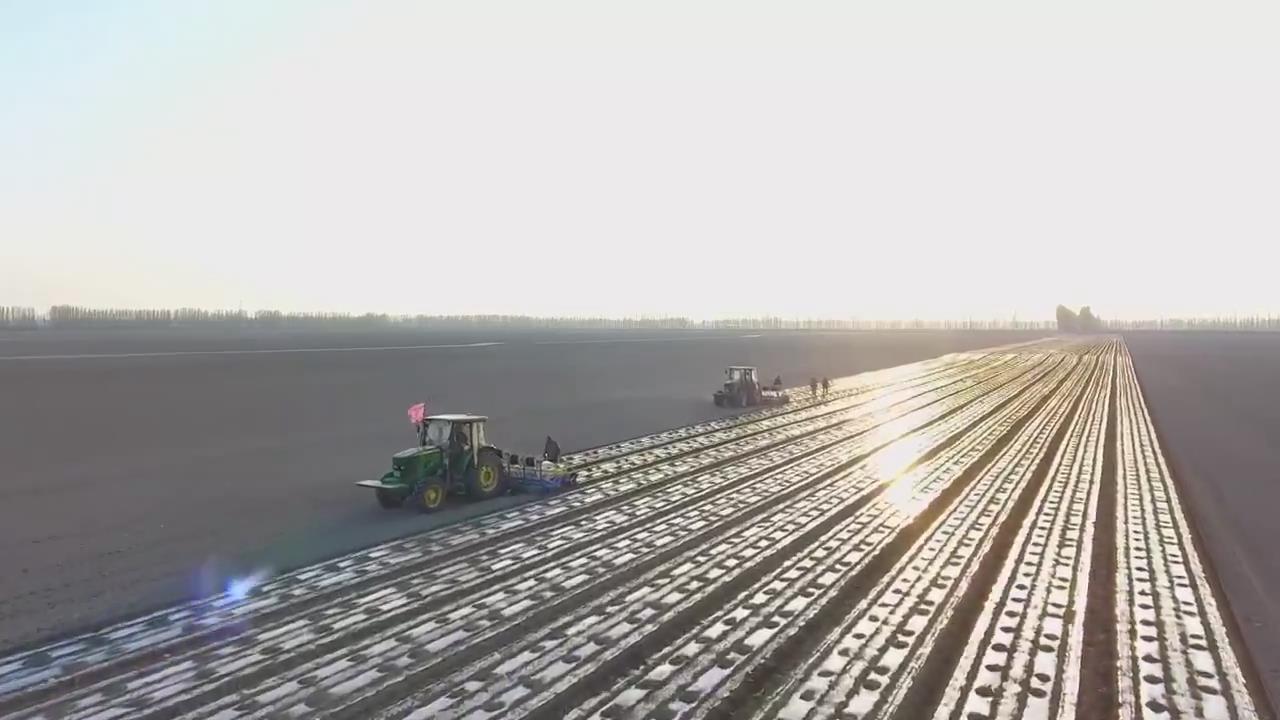Northwest China's Xinjiang Uygur autonomous region is expected to grow its foreign trade further in the second half of the year, as China's cooperation with other countries and regions involved in the Belt and Road Initiative continues to deepen, experts said on Wednesday.
Their comments came after Urumqi Customs said recently that Xinjiang's imports and exports increased 48.4 percent year-on-year in the first six months, hitting a record 220.63 billion yuan ($30.32 billion).
During the period, Xinjiang promoted opening-up in all respects and engaged in trade with 205 countries and regions across the world.
According to Urumqi Customs, the China (Xinjiang) Pilot Free Trade Zone and the four local comprehensive bonded zones — including Kashgar and Urumqi — serve as major driving forces for the region's robust foreign trade growth.
The FTZ's total foreign trade value reached 72.82 billion yuan, accounting for 33 percent of Xinjiang's total, while imports and exports of the comprehensive bonded zones expanded by 58.1 percent year-on-year to 95.39 billion yuan.
The region's foreign trade structure has also improved significantly, with a wide range of trade modes in place — such as general trade and bonded logistics, Urumqi Customs said.
Zhou Mi, a researcher at the Beijing-based Chinese Academy of International Trade and Economic Cooperation, said Central Asia and Europe are Xinjiang's two main trading partners.
Zhou said the recent growth in Xinjiang's foreign trade has benefited not only from enhanced cooperation between China and the two regions, but also from a rapidly improved China-Europe Express Railway, which has provided sound support in terms of logistics.
Meanwhile, as new industrial clusters continue to emerge in Xinjiang, the region's ability to utilize resources has been further strengthened and local market integration has also been advanced. As a result, more enterprises have chosen to invest in the region and participate in its foreign trade.
Lin Shen, an associate research fellow with the Institute of World Economics and Politics of the Chinese Academy of Social Sciences, said the BRI has also played a significant role in Xinjiang's foreign trade growth.
"Xinjiang has given full play to its geographical advantages and continued to deepen trade ties with the markets involved in the BRI from January to June," said Lin.
Lin also noted that the establishment of multiple foreign trade platforms like the FTZ and comprehensive bonded zones has greatly increased Xinjiang's competitiveness in the global market, as well as injected fresh impetus into the region's economic development.
Eyeing sustainable foreign trade growth, Lin said the liberalization and facilitation of trade and investment should be further stepped up. Meanwhile, the region should build an economic and trade system with a higher level of opening-up.
Efforts should also be made to strengthen infrastructure construction, optimize the market environment and encourage more Chinese energy, mineral resources and grain companies to expand into foreign markets, he added.
"I expect Xinjiang to play an increasingly vital role in the Asian and even global economy. The region will continuously contribute to Chinese modernization," said Lin.
Zhou also said there is ample room for Xinjiang's foreign trade to grow further in the second half, as China's economic and trade cooperation with Central Asian countries deepens.
To maintain the steady growth trend, Zhou said Xinjiang needs to develop more supporting industries related to international logistics, as well as cultivate more professional talent for the sector.
In addition, the region should advance the efficient utilization of local resources and the consumption of new energy, thereby protecting the environment during economic development, Zhou added.





